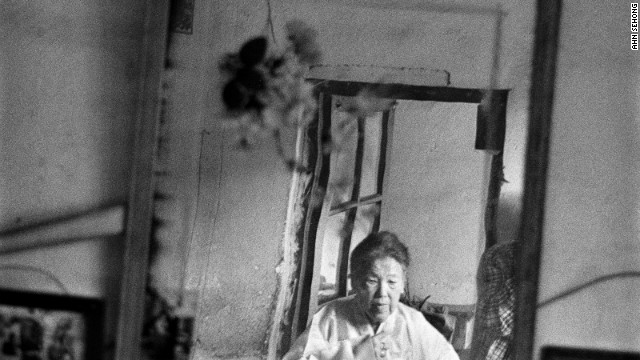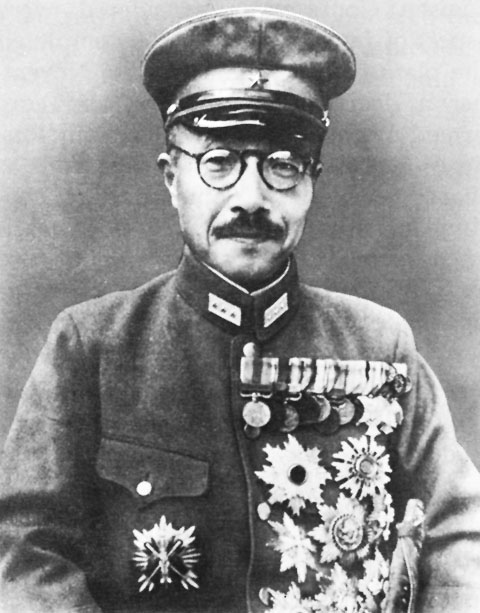


















Forgotten faces: Japan’s comfort women









TOKYO — Dozens of Japanese lawmakers on Wednesday paid their respects at a war shrine vilified as a symbol
JAPAN’S main opposition party elected former Prime Minister Shinzo Abe as its new leader, offering him another chance at the premiership.
The victory on Wednesday for Abe, a traditional security hawk, might have far-reaching implications for the increasingly tense relations between his country and its neighbors.
Since the Japanese farce of “purchasing” China’s Diaoyu Islands plunged the bilateral relationship to its lowest point in years, all contenders in the Liberal Democratic Party (LDP) race have struck hawkish tones.
Abe is highly vocal in urging Tokyo to take a tougher line in its territorial disputes with China and South Korea. In a speech delivered Tuesday, he even spoke of the need to stand up to Beijing.
Days ago, another LDP candidate, former Defense Minister Shigeru Ishiba, said that Japan should turn Self-Defense Forces into “national defense forces” and exercise the right of collective self-defense.
It is no wonder that The Washington Post warned in a recent front-page story that Japan is in the midst of “a gradual but significant shift to the right” and acts more confrontationally in the region than at any time since World War II.
Japan’s accelerated right-leaning tendency and toughened foreign polices are rooted in its right-wingers’ resentment at the international order after World War II.
During World War II, it was Japanese militarists that launched aggression against other Asian countries and brought disaster to their peoples.
The Asian people, especially the Chinese, paid a heavy price in resisting Japan’s aggression. At the same time, the Japanese also suffered greatly during the war.
As a consequence, one of the important principles for the postwar international order is to prevent the revival of militarism in Japan. For example, the Japanese constitution has a specific clause that says Japan forever renounces war as a sovereign right of the nation and the threat or use of force as means of settling international disputes.
However, in the name of becoming a “normal country,” Japan has actively expanded its armed forces and increased its defense budget in recent years. Moreover, it has also been seeking to revise the pacifist postwar constitution and the three non-nuclear principles.
To some degree, Japan’s islands-purchasing farce marks a giveaway to the sneaky resurgence of militarism. It is not only a serious infringement upon China’s territorial sovereignty, but also a public defiance of the success of the world’s anti-fascism war and the postwar international order.
The lessons of World War II must be kept firmly in mind. Japan must disabuse itself of illusions, and the world needs to make sure that Japanese militarism will not rise again from the ashes.
A Xinhua article obtained from http://www.shanghaidaily.com

Sites of interest we’ve a link to